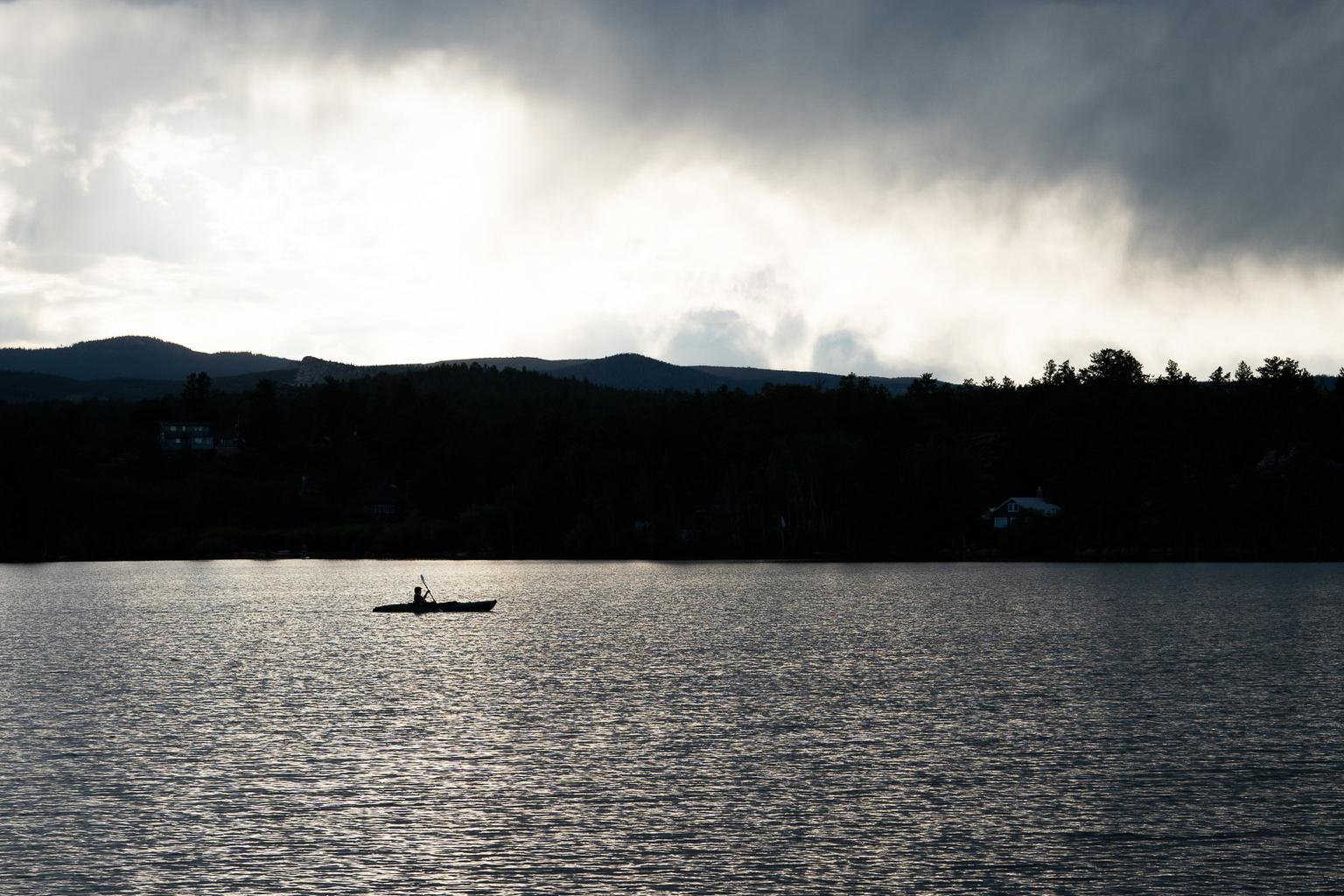
This story originally aired January 20, 2016. Colorado has a new state historian, Patricia Nelson Limerick. That's not the only hat she wears. She's also a history professor at the University of Colorado Boulder. And she's faculty director and chairwoman of the school's Center for the American West.
CPR News posed this question to Limerick: "What is the least understood aspect of Colorado history?" She said she would like to shed more light on the continued significance of American Indians: "The removal process was such that reservations are on the Western Slope and people on the Front Range, who have moved to Colorado, may not realize that indeed some of their neighbors are Indian people, and there's no more interesting place to look at resource development than the Southern Utes."
She spoke with Colorado Matters host Ryan Warner.
More pieces of Colorado history Limerick wants you to know about:
- The rural/urban relationship in Colorado: "We can't understand the past and we can't understand the present without [understanding] how intertwined rural areas and urban areas are."
- The long story between the American West, Spain and Mexico: "Whenever people in our state have a conversation about the border... that border has moved around. It wasn't carved into the rock of the Southwest. Parts of Colorado had colonization going on from Spain and Mexico before the Anglos get into the picture."
- The importance of bureaucrats throughout history: "It's easy for people to say, 'Oh this is so tiresome.' ... But those are really interesting people and really interesting jobs. The effects of those jobs ripple into many lives."
- The literary heritage of Colorado: "There is a complicated literary tradition, not only of people who lived in Colorado, but of people who passed through -- like [19th-century British writer] Isabella Bird. She writes wonderful things about Colorado, and they are not just about the beauty of the landscape. Some of them are about the complexities of human nature."









